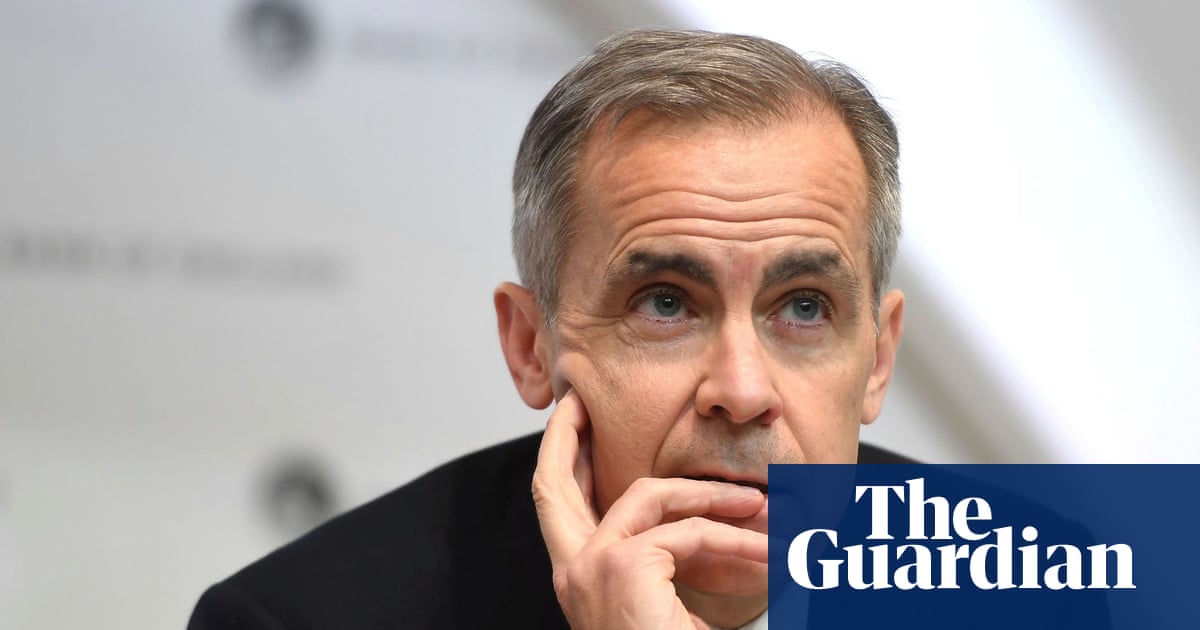
The UK will continue to press governments around the world to cut greenhouse gas emissions urgently in the next year to limit global heating to 1.5C, after the UN climate talks that concluded last week, the president of the summit has pledged.
Alok Sharma, the cabinet minister who led the Cop26 talks, said the world had shown in Glasgow that countries could work together to establish a framework for climate action but the next year must focus on keeping the promises made there.
“The 1.5C limit lives,” he writes in today’s Guardian. “We brought it back from the brink. But its pulse remains weak. We must steer it to safety by ensuring countries deliver on the promises they have made.”
Some argued the talks had failed because the pledges on emissions cuts made at Cop26 were insufficient to meet the 1.5C goal.
Sharma acknowledged that countries must increase their pledges and turn them into action and policies. Referring to youth activists from around the world who urged political leaders to act in Glasgow, he said: “We owe it to all of them to deliver what we agreed.”
Two weeks of Cop26 talks ended in dramatic fashion as Sharma feared the carefully constructed deal among nearly 200 countries was about to collapse at the last moment, when China and India objected to a reference in the final agreement to the “phase out” of coal-fired power.
In the end a compromise was reached, with Sharma on the brink of tears as he apologised to developing countries for the change. The pledges on emissions cuts made at the talks would lead to heating of about 2.4C above pre-industrial levels, far above the 1.5C threshold, so the Glasgow pact also requires countries to revise their targets upwards in the next year.
Under the UN rules, the UK will retain responsibility for climate negotiations for the next year, until the Egyptian government assumes the presidency next November. In his first public writing since the talks concluded, Sharma sets out his aims.
“The UK’s work as the Cop26 presidency is really only just beginning,” he writes. “Over the course of the next year, we will work with countries urging them to take action and honour their promises.
“There is no formal policing process in the UN Framework Convention on Climate Change system, and so we must keep up the constructive pressure, and build on the trust and goodwill generated through Cop26.”
The lack of any policing process or sanctions for countries that fail to revise their national targets on emissions, known as nationally determined contributions (NDCs), means that the main ways of holding governments to account are through public scrutiny and political pressure.
Australia’s government has already made clear that it does not intend to increase its targets, which are widely regarded as inadequate. The US and the EU have also indicated they do not intend to increase their ambition.
Key countries under the spotlight are the world’s biggest emitter, China, whose promise to peak emissions by the end of this decade disappointed many analysts who argued it could go further; and the third biggest emitter, India, which announced new targets in Glasgow but has yet to formally detail them. Russia, Saudi Arabia and Brazil are also under scrutiny.
Sharma argues that business and finance will play a key role. “Markets are falling into line, with the value of shares in coal firms around the world dropping since we sent a signal that coal is no longer king,” he writes.
Green campaigners have told the Guardian that if the UK wants to show leadership this year, ministers must also look to their own actions. Proposals for a new coalmine in Cumbria, new oil and gas licences in the North Sea, airport and road expansion and dithering on green policy have tarnished the UK’s reputation, while above all the decision to slash overseas aid – even while the Cop26 talks centred on climate finance for poor countries – caused deep alarm.
Sharma was widely regarded as isolated within the cabinet at Cop26, as insiders told the Guardian of a rift between the chancellor, Rishi Sunak, and prime minister, Boris Johnson, over green measures.
Sunak visited the summit briefly but made little impact on senior figures from other countries present. The foreign secretary, Liz Truss, also played a little role in Glasgow.
Rachel Kyte, a former World Bank top official on climate change, now dean of the Fletcher School at Tufts University in the US, told the Guardian that getting other donor countries to increase climate finance “was made even more complicated by UK Treasury’s insistence on cutting overseas aid. While this was then confirmed as being temporary the damage was done ... The UK lost moral authority, and leverage as the presidency which we saw them struggling with. Alok was liked and respected wherever he went but it was not lost on people that he was a little alone [in the cabinet as a champion of climate action]. ”
Rachel Kennerley, a climate campaigner at Friends of the Earth, said: “The fight to curb climate breakdown didn’t end with Mr Sharma’s gavel coming down on an underwhelming deal. Just next week the high court will hear about UK-financed gas drilling in Mozambique, so this is the perfect time for the government to withdraw support for that damaging project, laden as it is with climate hypocrisy.
“Given the UK’s historical contributions to emissions alongside our role as Cop host, it’s right that we take a good look at the fact that we are still supporting fossil fuel extraction, here and overseas.”












